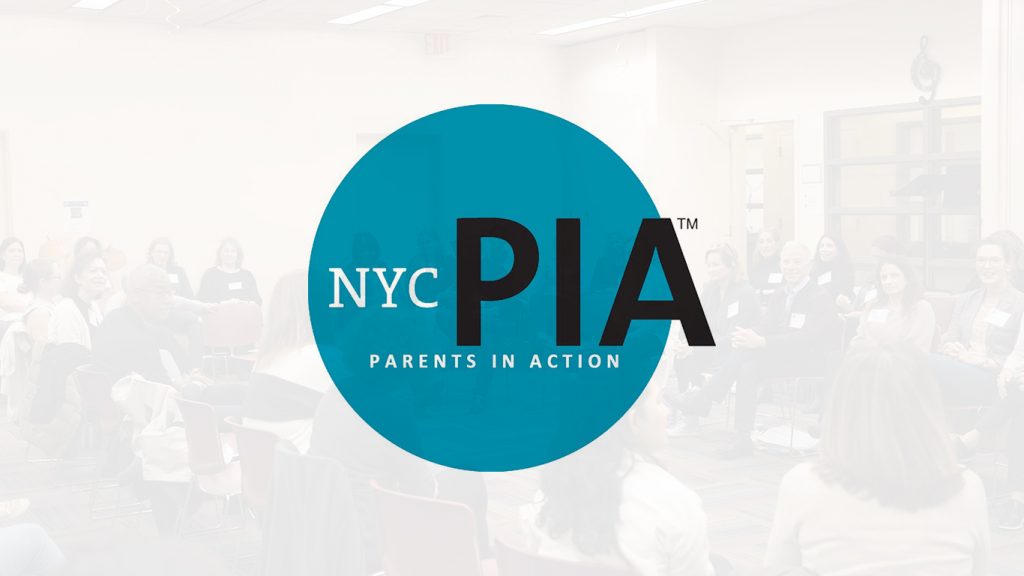
Guest Column By Alan Katzman
Learning how to use social media is an imperative life skill for today’s youth and their parents. Parents can empower their children with the knowledge to make good choices in the use of all forms of technology and social media. With proper coaching and guidance, today’s tweens and teens may well prove that social media is not the death of a generation but the impetus for its growth and development.
Today’s youth display their lives in high definition for their friends to see and ultimately for the world to view. Smartphones are where their social plans are made, changed, and made again; where popularity is measured; and where all types of virtual social connections are being made. Their world operates from the palm of their hands and is always open for business. Without proper guidance and direction, young people will continue to act out online and build a less than desirable digital footprint for their future selves.
Pre-teens are especially vulnerable. They have these remarkable connective tools at their disposal, yet may lack the wisdom and common sense to use them properly all of the time. We train our older teenagers how to drive a car, but society isn’t yet effective in training our youth to use social media responsibly.
There is no way of preventing kids under 13 from signing up on social media sites. Parents and school administrators must work together to bring this subject out in the open. Kids as young as 5 and 6 are using computers and accessing the Internet – parents should be regulating this behavior, just as they monitor the shows their kids watch on television.
The most powerful drivers behind bad social media behavior by young people are peer pressure, the desire for popularity and the sense of anonymity provided by many social media platforms. Many of the sites that will lure your children are dangerous. We’re not talking about Facebook, Instagram or Twitter. While these mainstream sites are not without their issues, we’re are talking about sites you’ve have probably never heard of, but your children have.
These are the sites that offer false promises of privacy and anonymity to our youth, but, really, there’s no such thing on the Internet—and that’s crucial for your children to understand. It’s important for parents to understand this too, so they can protect their kids. Not only could “secret” information they share be used against them by potential bullies—it could also leave a digital trail that might compromise a future job search or hinder chances of a high school or college acceptance.
Many social media platforms have been developed to attract young people and cater to their needs and curiosities. The following list is neither exhaustive nor static but it is representative of the type of virtual communities they will experience either directly or indirectly.

